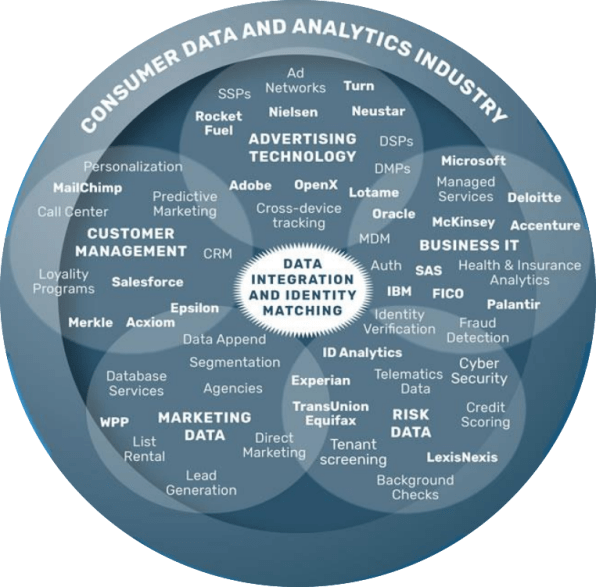Wyze expands its security capabilities
"We came away impressed when we reviewed Wyze’s Cam Pan security camera last year. At just $30 a camera, it was almost disconcertingly cheap (and Wyze sells a $20 model too). But my colleague Tristan Greene concluded that “despite a few shortcomings, [it] does everything I want it to do and more.”Wyze’s new motion and contact sensor kit secures your home for just $20 | TNW
Today the company announced a new set of products to help secure your home: the Wyze Sense kit. For $20, you get a motion sensor – for, you know, detecting movement – and two contact sensors that allow you to secure doors, windows, or your cookie jar."

